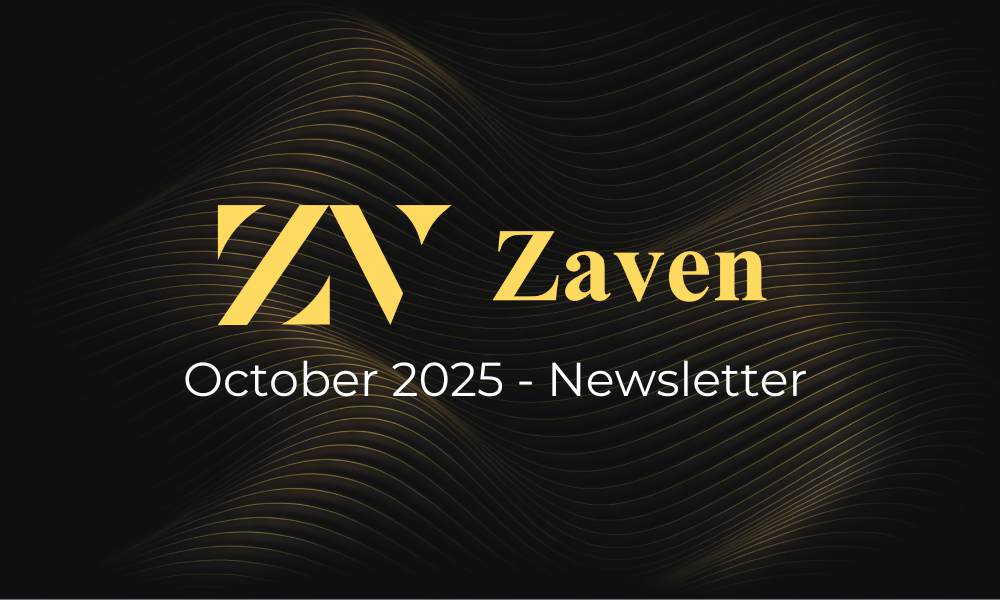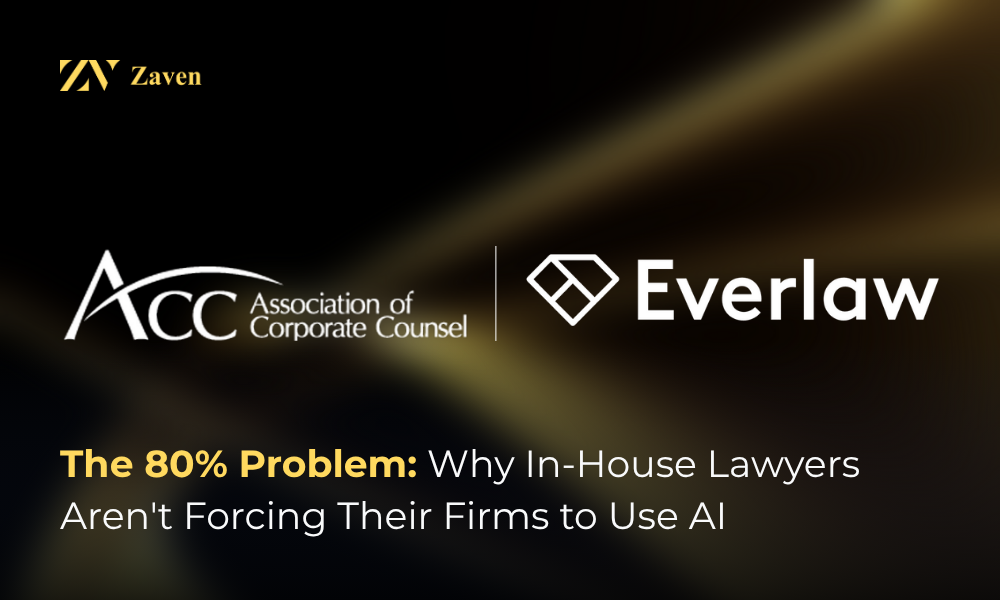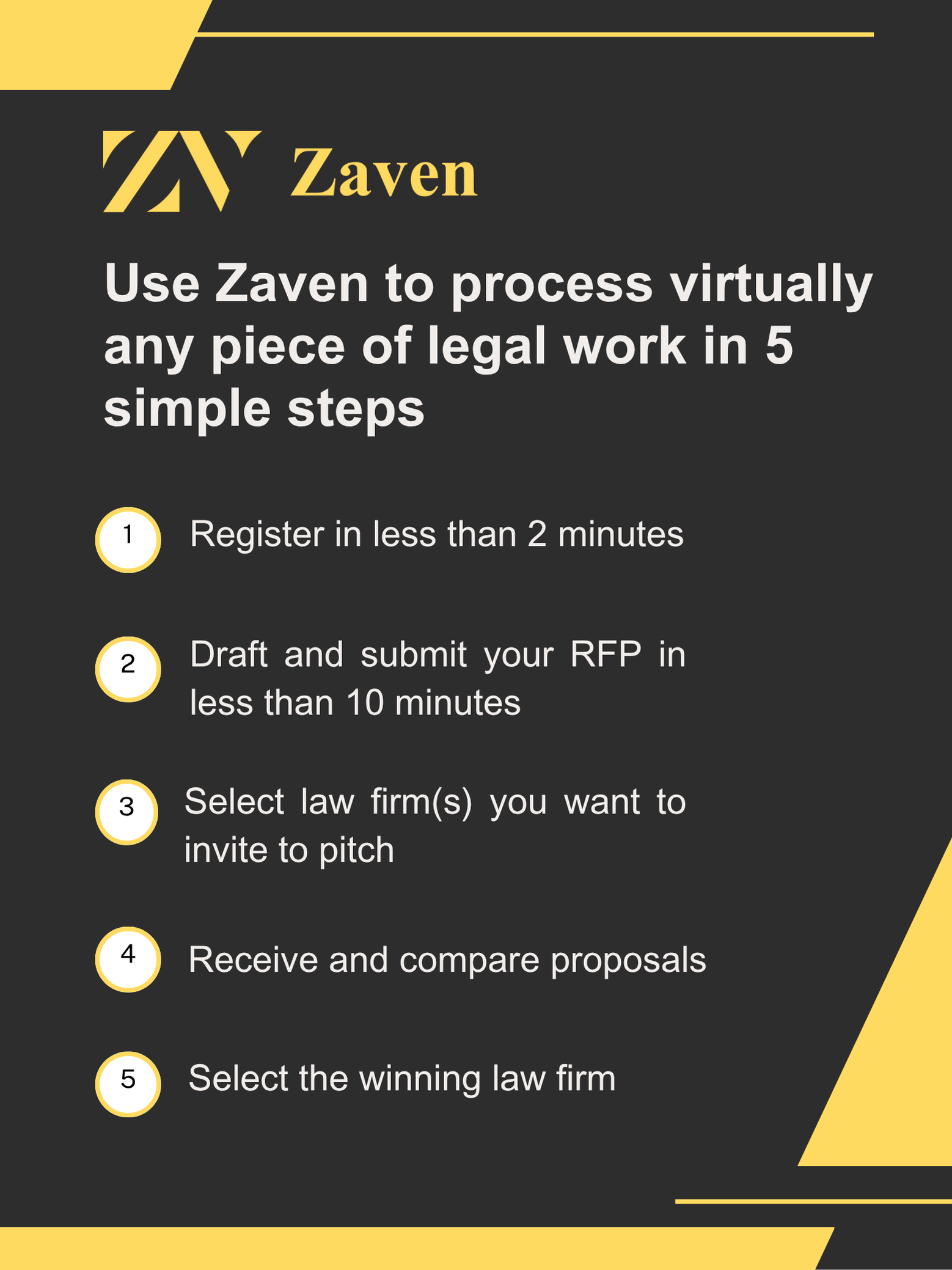Source: BloombergLaw by Roy Strom
Big Law firms aren’t known as paragons of innovation. Most employ a version of a business model that dates to the early 20th century, known as the Cravath System. But there is a segment of the business evolving on the fly. Here, new law firms pop up from established players all the time. They keep the parts of their old firms that they liked. They change things they didn’t.
I’m talking about “virtual” law firms. They’re sometimes called “distributed” or “new model” firms. They provide few frills and let lawyers keep a much larger portion of their revenue than traditional Big Law firms—as much as 95% in some extreme cases. Every time a virtual law firm splits, competition increases. And partners considering a move to, or within, the virtual world get new options.
With recent upheaval and interest from private equity funds and segments of the AmLaw 200, the virtual law firm world might be poised for its own version of a Cambrian explosion. “This is corporate Darwinism happening right before our very eyes,” said Frederick Shelton, CEO of Shelton & Steele, a national legal recruiting, M&A and consulting firm that specializes in new-law models. “It is survival of the fittest. The firms that do not continue to evolve will continue to lose partners, groups, and clients,” Shelton said. “The firms that continue to evolve will continue to improve the practice of law overall, because breaking a model that hadn’t changed in over a century was long overdue.”
The original firm of its kind, FisherBroyles, launched in 2002. It has now produced multiple progeny. The largest offspring was officially born this month, when the leaders of FisherBroyles’ corporate and litigation practices formed Pierson Ferdinand.
The new firm’s website lists more than 50 former FisherBroyles partners. Its founder, Michael Pierson, told me the firm has “commitments” from as many as 130 former partners to join the new firm. That is nearly half the partners at FisherBroyles, which had cracked the AmLaw 200 firm with $135 million revenue.
To differentiate itself, Pierson Ferdinand has stressed a profit-sharing plan with early hires. It’s an interesting new twist in the virtual world. FisherBroyles’ model never contemplated sharing “profits” with partners. The deal was simple: Partners could keep up to 80% of their collected bills. The “firm” would get the rest.
Still, most virtual firm spin-offs are small shops run by defectors who make their own rules. Timothy Parlatore joined FisherBroyles from a solo practice in early 2016. He quickly bought into the business model and was satisfied with the services the firm provided, which he said at the time did not include a computer (multiple former partners said the firm now provides computers). The firm did provide a subscription to Best Buy’s GeekSquad for computer troubles, he said.
Parlatore left the firm nearly three years after joining, feeling it wasn’t interested in his clientele: defendants in white-collar investigations and criminal cases. Parlatore is best-known for representing Donald Trump in the investigation into government documents he kept at Mar-a-Lago. He departed the legal team on the case before criminal charges were brought last year.
Read full article: https://news.bloomberglaw.com/business-and-practice/virtual-law-firms-evolve-so-fast-they-risk-their-own-destruction







